Defending champion Novak Djokovic snuffed out a promising start by David Goffin to reach the Wimbledon semi-finals.
The Serbian world number one went a break down in the first set to the speedy Belgian before turning it round in clinical fashion to win 6-4 6-0 6-2.
He faces Roberto Bautista Agut in the last four on Friday after the Spaniard beat Guido Pella 7-5 6-4 3-6 6-3.
Top seed Djokovic is chasing a fifth Wimbledon crown and 16th Grand Slam.
"He started well," Djokovic, 32, told BBC television. "He was dictating the play from the baseline.
"Things could have gone a different way - who knows what the match would have looked like if I had lost the first set - but I was very pleased with the second and third."
Another quick match for Djokovic - in the end
Djokovic had lost to world number 23 Goffin in their previous meeting two years ago in Monte Carlo and so it was no surprise that the Belgian came out fired up for a repeat.
The 28-year-old put early pressure on Djokovic, taking him to deuce in the Serb's opening service game and forging two break points in his second, before breaking in his fourth with dominant play from the baseline.
But that was the last thing that went the Belgian's way as Djokovic sent over a beautiful drop shot to break back immediately and then never looked back, rattling off 10 games in a row.
Before this match Djokovic had averaged less than two hours on court per match and he kept that up with this victory in one hour 57 minutes, also dropping the fewest games in his campaign so far.
After absorbing the early pressure from Goffin, who had been seeking to reach a first Grand Slam semi-final, Djokovic took control of every aspect of the match.
He took the second set with an emphatic smash and wrapped up victory when Goffin sent a backhand wide, reaching his ninth Wimbledon semi-final.
"I had a tough match in the third round," Djokovic said, referring to his four-set win over Hubert Hurkacz. "Other than that, I've won in straight sets and played really well throughout the tournament.
"It's exactly what I wanted and hopefully I can go in the right direction in the semis as well."
Bautista Agut into first Grand Slam semi-final
Dubbed the 'other quarter-final', with the big three of Djokovic, Rafael Nadal and Roger Federer in action in the other last-eight matches, the match between Bautista Agut and Pella was an intriguing contest.
Spanish world number 22 Bautista Agut, who had not dropped a set on the way to the quarter-finals, went two sets up against world number 26 Pella before the Argentine began to fight back.
However, after taking the third set, Pella seemed to run out of steam, perhaps paying the price of two gruelling five-setters and a four-setter on his way to the last eight.
He went a break down in the fourth game of the fourth set, eventually sending Bautista Agut into his first Grand Slam semi-final when he sent a forehand long.
"It sounds amazing," Bautista Agut said about being a Wimbledon semi-finalist.
"I really cannot be more happy. I had a really difficult match and had to manage a lot of emotions on court.
"I knew I had a good opportunity to play in the semi-final and I did very well."


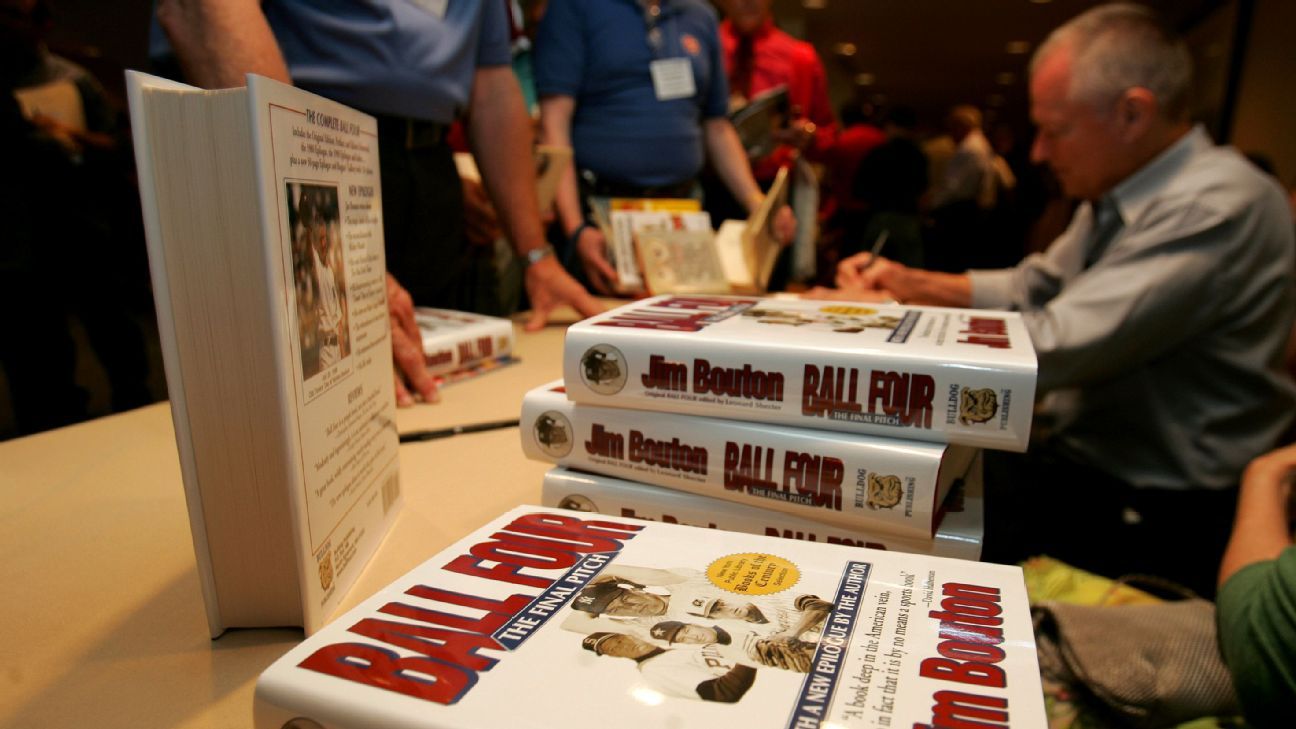


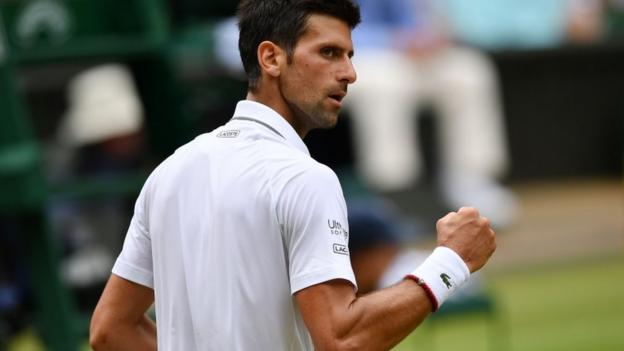
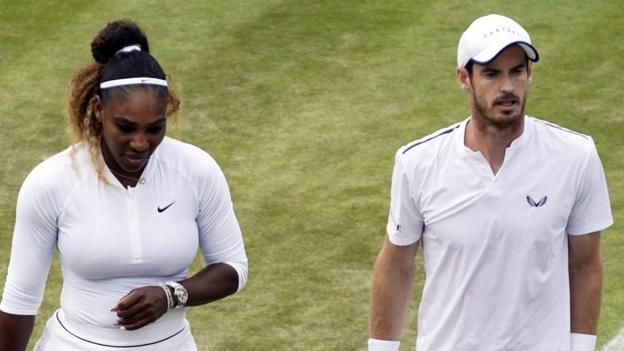
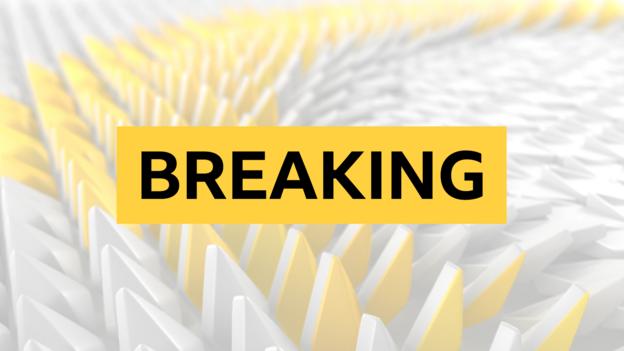


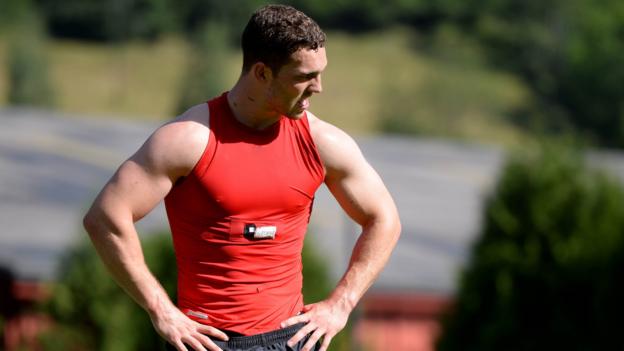
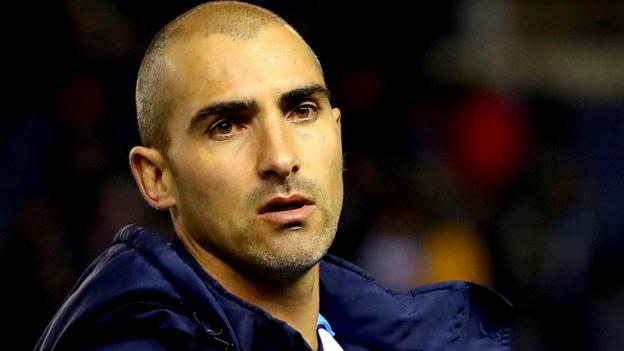













 Phone: (800) 737. 6040
Phone: (800) 737. 6040 Fax: (800) 825 5558
Fax: (800) 825 5558 Website:
Website:  Email:
Email: 






